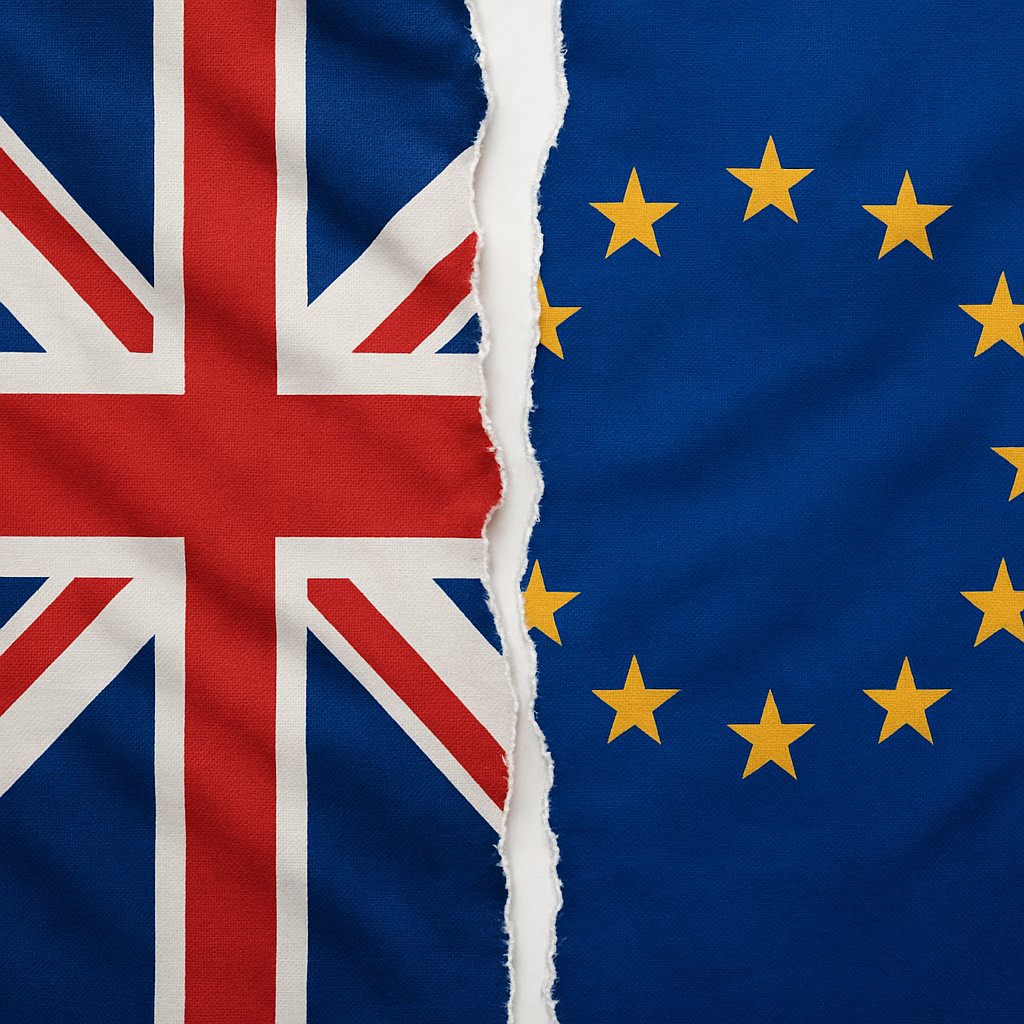(Publ. 17 MAR 2020) The UK announces that, as they leave the EU through Brexit, they will not participate in the project with a unitary patent system for the entire EU, known as UPC and UP.
The Unified Patent Court, UPC, is a proposed common patent court for all EU countries. In connection with the UPC, the idea is also to introduce a new patent covering the entire EU; European patent with unitary effect, EPUE, but better known as Unitary Patent, UP. UPC and UP, has been going on since the end of 2012, however, the project has been beset by setbacks and delays – not least due to Brexit and a complicated legal dispute in the German Federal Constitutional Court.
When the outcome of the referendum on June 23, 2016, was that the UK would leave the EU, many believed that the country would also leave the collaboration around the UPC. But despite the election results, the UK chose to ratify the UPC, and so far, the line of the British government has been that the UK wants to participate in the collaboration.
However, on February 27, 2020, a statement was made from a spokesman for the British Prime Minister, confirming that the UK is now leaving the collaboration regarding the UPC:
“I can confirm that the UK will not be seeking involvement in the UP/UPC system. Participating in a court that applies EU law and bound by the CJEU [Court of Justice of the European Union] is inconsistent with our aims of becoming an independent self-governing nation.”
Although the statement contradicts Britain’s previous stance on the issue, it was hardly unexpected. Article 20 of the UPC agreement states that UPC “shall apply Union law in its entirety and shall respect its primacy”.





















